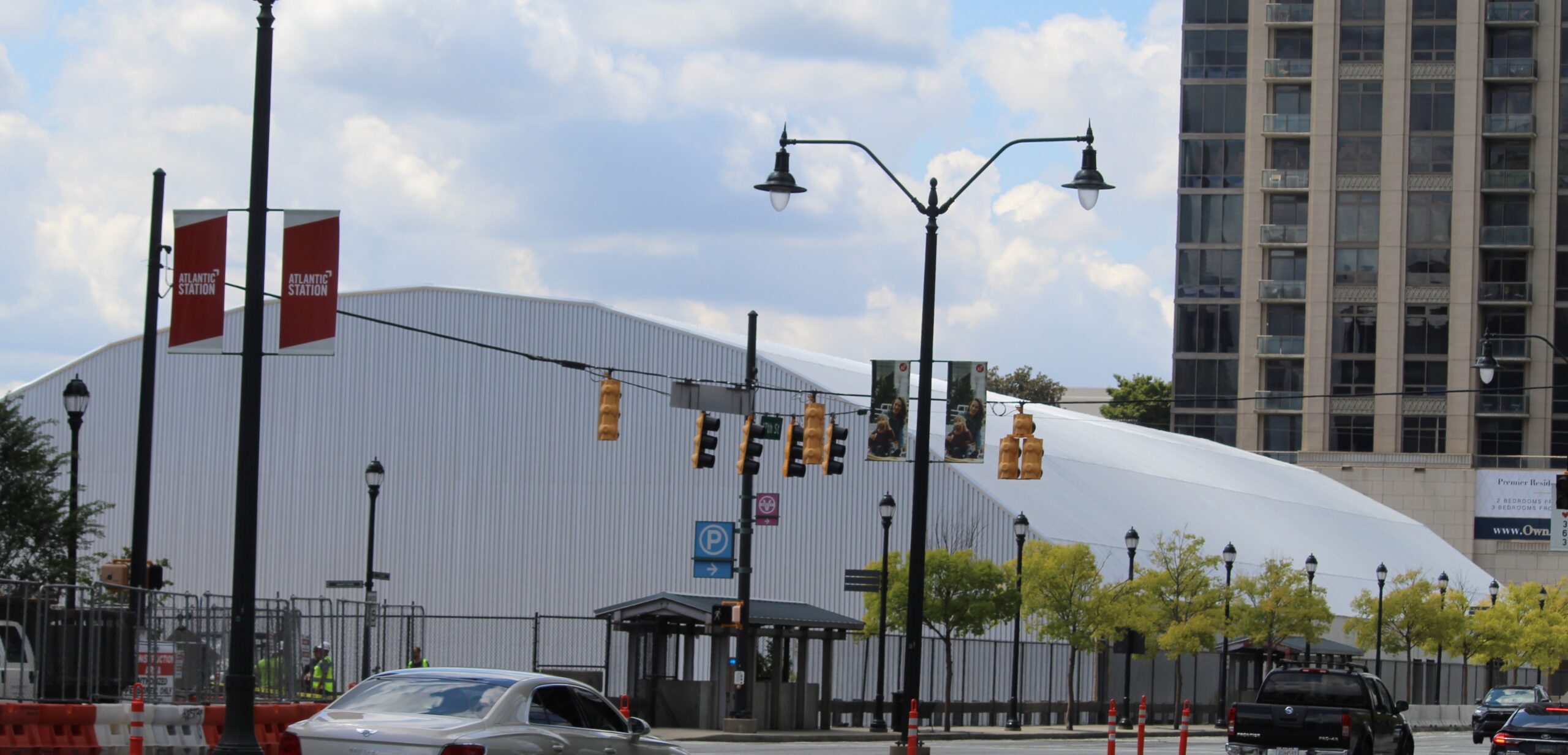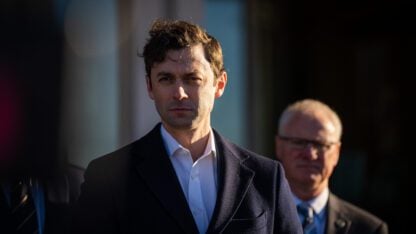Twin brothers have sued the NCAA in federal court, alleging they were ruled ineligible because of compensation they received for use of their name, image and likeness while they were playing at an Atlanta prep sports academy.
The lawsuit was filed on behalf of Matthew Bewley and Ryan Bewley, 19-year-old twins from Florida, in U.S. District Court in Chicago on Wednesday. The Bewleys spent two seasons at Overtime Elite before accepting scholarships from Chicago State University in June.
The brothers are seeking damages and an injunction that would clear them to play for the Cougars, who visit Bowling Green on Monday night for their season opener. U.S. District Judge Robert Gettleman scheduled a hearing for Tuesday in the case.
Daniel McGrath, one of the lawyers representing the Bewleys, declined comment when asked if he had anything to add beyond the lawsuit. An NCAA spokeswoman also declined comment on Friday.
Gabe Feldman, the director of the Tulane sports law program and Tulane University’s associate provost for NCAA compliance, compared the case to a previously filed antitrust lawsuit that seeks to prevent the NCAA from limiting the amount of money athletes can make off their names, images and likenesses.
“The House case … is the broad ongoing challenge to a host of restrictions on college athlete compensation,” he said. “This is one step away from that because it is a lawsuit brought based on restrictions that are in place before athletes enroll in college.
“But it’s all the different sides of the same coin and it’s just another challenge to the NCAA’s ability to maintain its longstanding amateurism model.”
The twins’ lawsuit argues that the NCAA’s actions conflict with prior decisions involving Overtime athletes and the association’s interim NIL policy. According to the suit, the ineligibility ruling violates the Illinois Student-Athlete Endorsement Rights Act. The suit also cites an NCAA bylaw which it says acts as “an artificial wage cap enforced on young athletes who aspire to compete in intercollegiate athletics.”
Kentucky guard Rob Dillingham and Stanford guard Kanaan Carlyle are eligible after they also spent their last high school season at Overtime.
“By certifying Mr. Dillingham and other former OTE athletes, the NCAA determined that competing for OTE and receiving compensation from OTE was permissible under its interim policy,” the lawsuit reads.
In ruling that the Bewleys were ineligible, the NCAA, according to the lawsuit, said the brothers’ Overtime compensation “exceeded actual and necessary expenses.” It also said the twins “competed for a team that considered itself professional.”
According to the Overtime Elite website, it offered professional opportunities for its inaugural 2021 season. Beginning in the fall of 2022, Overtime started offering a scholarship option instead of a salary. It said the scholarship option would preserve college eligibility.
AP college basketball: https://apnews.com/hub/ap-top-25-college-basketball-poll and https://apnews.com/hub/college-basketball







